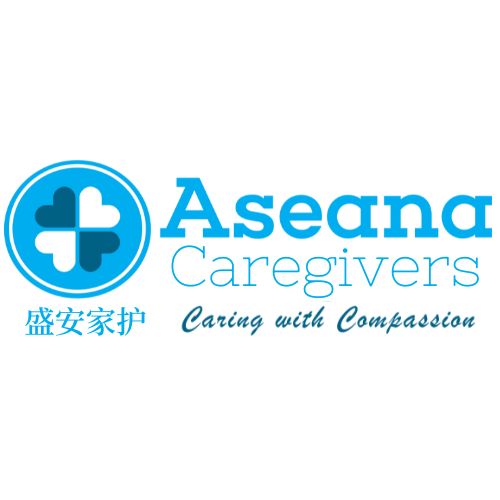
In the midst of life's bustling demands, a significant portion of our population finds themselves juggling the responsibilities of caring for their aging loved ones.
As we know, aging is a natural part of life, yet it often brings along unique challenges, especially for mid-level families juggling various responsibilities. The prospect of elderly parents losing their independence can be daunting, triggering concerns about their well-being and quality of life.
The question often arises – can caregivers truly make a difference in such a scenario? In such times, the support of professional caregivers emerges as a beacon of hope, offering a path to not only preserve independence but also enhance the overall family experience. The answer is rooted in real-life experiences.
Common Questions that why having a caregiver
How do families manage their everyday tasks while taking care of their loved ones who need help?
- Families often find themselves stretched thin between work, household responsibilities, and caring for their elderly members. The introduction of a caregiver can ease this juggling act, allowing family members to balance their obligations while ensuring their loved ones receive the attention they need.
What are the common dilemmas families face when deciding whether to seek professional caregiving assistance?
- Families have a hard time deciding between taking care of their loved ones themselves or understanding that their own lives are getting busier. Sometimes, they feel bad about asking for help from a caregiver. They also need to think about if they can afford it and if the caregiver is available.
Can caregivers provide a sense of relief and peace of mind to families, knowing their loved ones are well taken care of?
- Absolutely. The presence of a caregiver offers families the reassurance that their elderly family members are receiving dedicated care and attention, allowing them to focus on their own commitments without constantly worrying about their loved one's well-being.
Look at the dynamism that a caregiver can bring to a family.
How does the presence of a caregiver affect the dynamics and relationships within a family?
- Caregivers can act as mediators, diffusing potential conflicts that may arise from the stress of caregiving responsibilities. By shouldering some of the care burden, caregivers enable family members to reconnect on a more personal level, fostering harmony.
Can the involvement of a caregiver help reduce stress and conflicts among family members?
- Indeed, caregivers can help ease the stress of taking care of someone, which can make it easier for family members to work together and take good care of their elderly relative.
How can caregivers help family members talk and work together better?
- Caregivers can also talk to everyone in the family about how the elder is doing and what the plan is for their care. This helps family members understand and work together to help their loved ones.

Balancing Professional Care and Personal Touch
How do professional caregivers manage to provide personalized care while following established routines and protocols?
- Professional caregivers undergo training that equips them with the skills to balance medical routines with personalized attention. This allows them to adapt their approach based on the individual needs and preferences of the elderly family member.
What role does empathy play in caregiving, and how does it contribute to a more holistic care experience for families?
- Empathy is the cornerstone of caregiving. Caregivers not only tend to the physical needs of their charges but also provide emotional support. By understanding the emotional context, caregivers create a more holistic care environment that addresses both medical requirements and emotional well-being.
Real-Life Solutions and Experiences of our clients
Examples of real-life families that found a perfect balance between the caregiving and the emotional needs of your loved ones?
- The Wong family discovered that their hired caregiver not only adeptly managed their mother's medication and healthcare needs but also took the time to engage her in her favorite hobbies and reminisce about cherished memories. This blend of expertise and emotional closeness made the care better and brought happiness to the older person and her family.
- The Tan family found that hiring a caregiver for their aging parents not only provided expert medical care but also fostered a warm and friendly environment. The caregivers engaged the parents in meaningful conversations and hobbies, boosting their emotional well-being.
- The Lim family, with a busy work schedule, discovered that a caregiver allowed them to spend more quality time with their children, while their elderly family member received personalized attention and care.
- Mr.Ong’s family, who requires daily assistance for his father from Aseana due to limited mobility, she was shared how our caregiver became a source of motivation. The caregiver's unwavering dedication and encouragement helped Mr.Ong regain confidence and become more positive as compared to the past. Now he can even walk around the house without his walking stick.
On the other hand, Caregivers are also considered special helpers that help families. They connect families to a better life. We see this in experiences like Tan, Lim, and Mr. Ong's Father. Caregivers help in practical ways and make families feel cared for and understood. As families keep doing their duties, caregivers keep being strong and dependable support. This shows that caregivers are really valuable to families.
For more info: Real-Life Reviews

